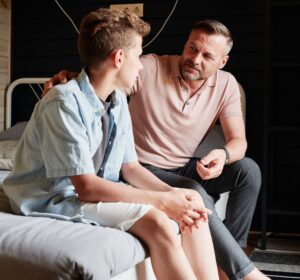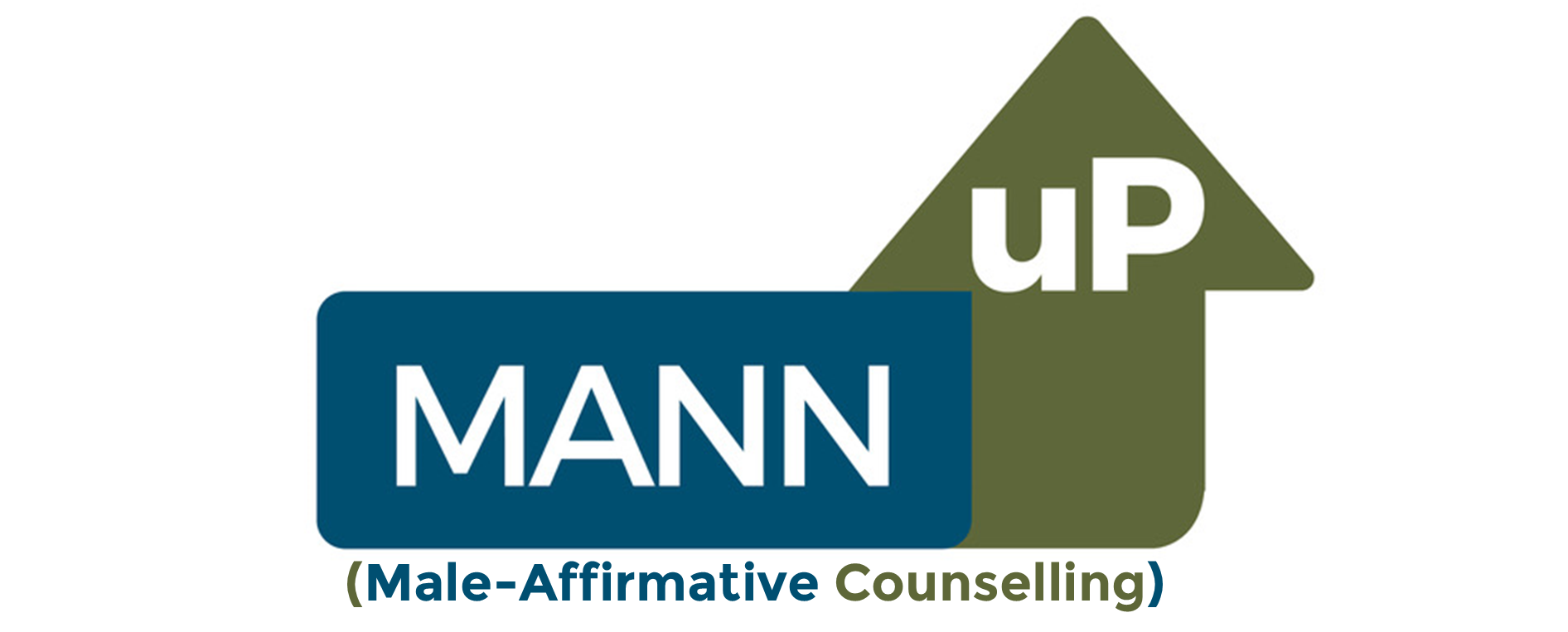“You know you can always talk to me”
“My door is always open to you if you want to talk”
These kind and heartfelt words are delivered every day by attentive parents, teachers, friends and family members with the intention of supporting people they care about. The messages are clear: you are not alone; I am here to listen to you and your problems. Thus removing one of the barriers for effective communication, opportunity.
However, opportunity isn’t the only barrier… perhaps not even the most significant. In my 18 years as a Secondary Teacher, and now with Progressive Masculinity, I have come to believe there is a greater barrier to navigate, especially when it comes to boys and young men, ability.
THE CHALLENGE AROUND EMOTIONAL LITERACY
 What do emotionally open conversations look like? How do you begin to articulate feelings which confuse you? What vocabulary do you use? Where are the examples and models for these conversations?
What do emotionally open conversations look like? How do you begin to articulate feelings which confuse you? What vocabulary do you use? Where are the examples and models for these conversations?
The heart-breaking reality is that so many boys and young men don’t possess the emotional literacy to initiate and maintain conversations about their mental and emotional wellbeing.
Those who pluck up the courage and make the decision to talk (which for males is usually when their situation is close to crisis point) are then struck by the petrifying thought “but how do I do it?”.
The clinical term for this is alexithymia (the inability to understand and communicate your emotional state) which a fourteen year old once explained to me as feeling “like you’re emotionally paralysed”.
Following the lockdowns, schools were encouraged to invest more on social and emotional learning to compensate for the lost developmental time and potential stunted growth in these areas, but the unrelenting systemic pressures placed upon them simply didn’t allow most of them the opportunity.
"How can we fit this in to an already bursting timetable?" they asked. "How do we sacrifice curriculum time and risk test results which will then be used against us?" they agonised.
Months spent isolated with Netflix, social media and video gaming couldn’t be countered by that one-off assembly or token PSHCE lesson.
HOW TO START TO DEVELOP EMOTIONAL LITERACY IN BOYS
If we want boys and young men to be ready to discuss their mental and emotional health, we have to empower them to do so by investing time in these specific skills.
When teaching skills in a classroom we provide so much support: introductions, explanations, writing frames, sentence starters and model examples, and gradually build their confidence with that skill.
So why, when it comes to mental health, do we just say “try to talk to someone” and expect them to be able to do it?
You’ll never catch me lecturing or pontificating about parenting as it is the hardest (and best) job out there, but at home as fathers, uncles and brothers, many of us model the classic strong, silent, stoic, ‘just get on with it’ archetype because that’s how we were raised, and what we saw at home.
 However, “you can’t be what you can’t see” so engaging boys and younger men in regular conversations about our mental and emotional state is a vital investment in their emotional literacy and intelligence.
However, “you can’t be what you can’t see” so engaging boys and younger men in regular conversations about our mental and emotional state is a vital investment in their emotional literacy and intelligence.
It doesn’t need to be ‘heavy’ and could simply be a development of the standard ‘so how was your day?’ conversation.
Explaining how you dealt with the frustration of that delayed email and the extra work it caused not only provides a study in mature patience, but also offers a model template of male emotional openness for when that boy or young man next tries to articulate his own feelings of frustration.
He will be able to draw upon the positive example you provided.
THE HOPE FOR OUR BOYS AND THEIR EMOTIONAL LITERACY
Since leaving teaching to pursue Progressive Masculinity I have been amazed at how open boys and young men can be when they are given both the opportunity and the ability to discuss their mental and emotional health.
Once they get going you can’t stop them!
However, these interactions have also laid bare how few of them possess the confidence or vocabulary to have these conversations and just don’t see modelled examples in their everyday lives.
If we are going to change the narrative around mental health, particularly as it relates to masculinity, it is vital that we invest in the emotional intelligence of our young men and provide them with the tools they need to avoid ‘emotional paralysis’ and the corresponding adverse effects on their mental health.
So get that conversation started. Talk to your boys and young men in an honest and appropriate manner about how you are feeling and encourage and empower them to do the same in return.
ABOUT OUR GUEST BLOGGER - MIKE NICHOLSON
 Mike was a Secondary English Teacher and Middle Leader for 18 years.
Mike was a Secondary English Teacher and Middle Leader for 18 years.
He was also an Educational Project Manager in Ethiopia.
More recently Mike has assumed the role of Founder and Director of Progressive Masculinity.
He is passionate about changing the narrative around masculinity, and he shares that passion in his highly regarded school staff training and pupil workshops.
Progressive Masculinity website
Progressive Masculinity Twitter account
Progressive Masculinity Facebook account
Get in touch with Mike by emailing: [email protected]
